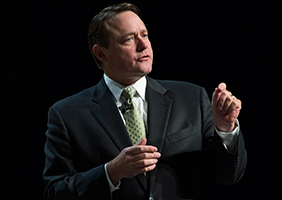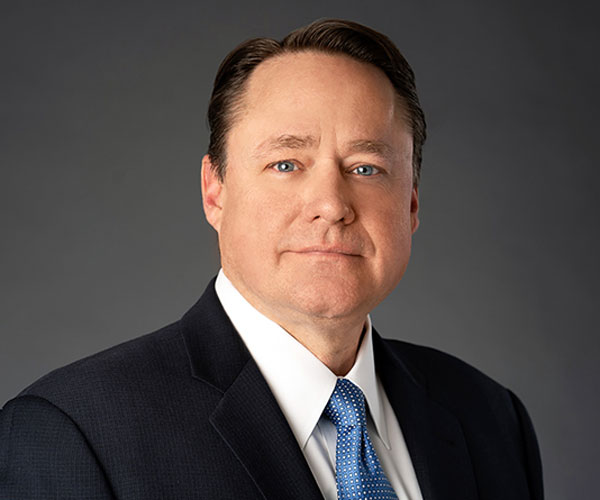11 questions to gauge your EQ
 Having emotional intelligence (EQ) is important for development and success – both personally and professionally. But before we can put it into practice, it's important to be aware of where your EQ stands.
Having emotional intelligence (EQ) is important for development and success – both personally and professionally. But before we can put it into practice, it's important to be aware of where your EQ stands.
Marcel Schwantes, principal and founder of Leadership From the Core, provides 11 questions for leaders to ask themselves as they work to develop EQ. Answer these to gauge how high – or low – your EQ is:
- Are you usually aware of your feelings and why you feel that way?
- Are you aware of your strengths, as well as your limitations and blind spots?
- Do you recognize when your behaviors or actions affect others?
- Are you able to manage your distressing emotions well and bounce back quickly from stressful situations?
- Can you adapt smoothly to change?
- Are you able to manage your emotions--calm yourself down when you feel anxious or upset?
- Are you able to listen without jumping to judgment?
- Are you able to focus on the big picture and main priorities? Do you know the steps it takes to get there?
- Are you able to detect the feelings of others around you and understand their way of seeing things?
- Can you freely admit to making a mistake?
- Are you keen on negotiating agreements that benefit both you and others in order to settle conflicts?
Schwantes notes that EQ is not only important for leaders, but also those within your organization. Having high EQ throughout the office improves customer focus, collaboration and motivation, while also creating a better environment for accepting feedback and meeting deadlines. To that end, he also provides some sample questions to ask job candidates.
While EQ may not be as high in some as it is in others, what matters most is that we all spend time understanding ourselves today so that we can be better tomorrow. Follow me on Twitter (@BDanBerger)
About the Author
B. Dan Berger, President and CEO, NAFCU
 B. Dan Berger first joined NAFCU in 2006 and helped turn the association into the premiere advocate for the credit union industry.
B. Dan Berger first joined NAFCU in 2006 and helped turn the association into the premiere advocate for the credit union industry.
